Binge-Eating: When Eating becomes a problem
My friends,
today I want to talk about a very important topic. Many People love to eat, but when it becomes an addiction, it is pretty dangerous.
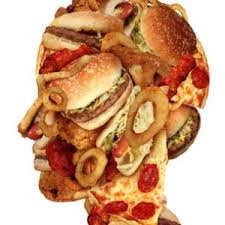

The so-called Binge-Eating-Disease comes along with eating attacks, at least twice a week for a period of at least six months. During an attack, the patient eats much food in a little period. This classification is part of a system called International system of classification psychological diseases ICD-10 and the DSM-IV. About 1 – 4 % of the population (Germany) is suffering of Binge-Eating, with more cases of women than men. Terrifying: most of the patients are just 20-30 years old! The situation in The USA is quite similar:
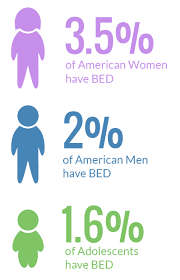
Unlike Bulimia, patients with Binge-Eating-Syndrome eat much more during an attack, than their body should have. However, they don’t vomit after eating to compensate their behaviour, neither have control anymore of the quantity they consume because of lack of satisfying feeling. Furthermore, patients of Binge-Eating-Syndrome eat much faster than people without that disease. Normally they feel ashamed or even depressed after eating so much. Therefore, people addicted to eating so much, are also suffering of depression in many cases.
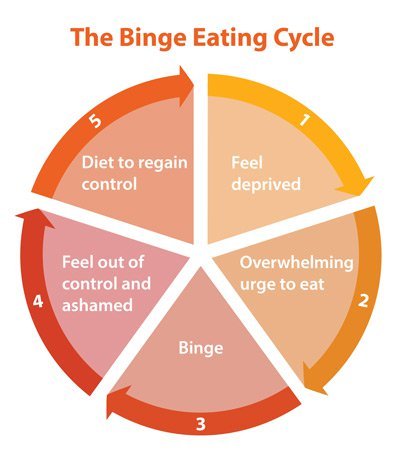
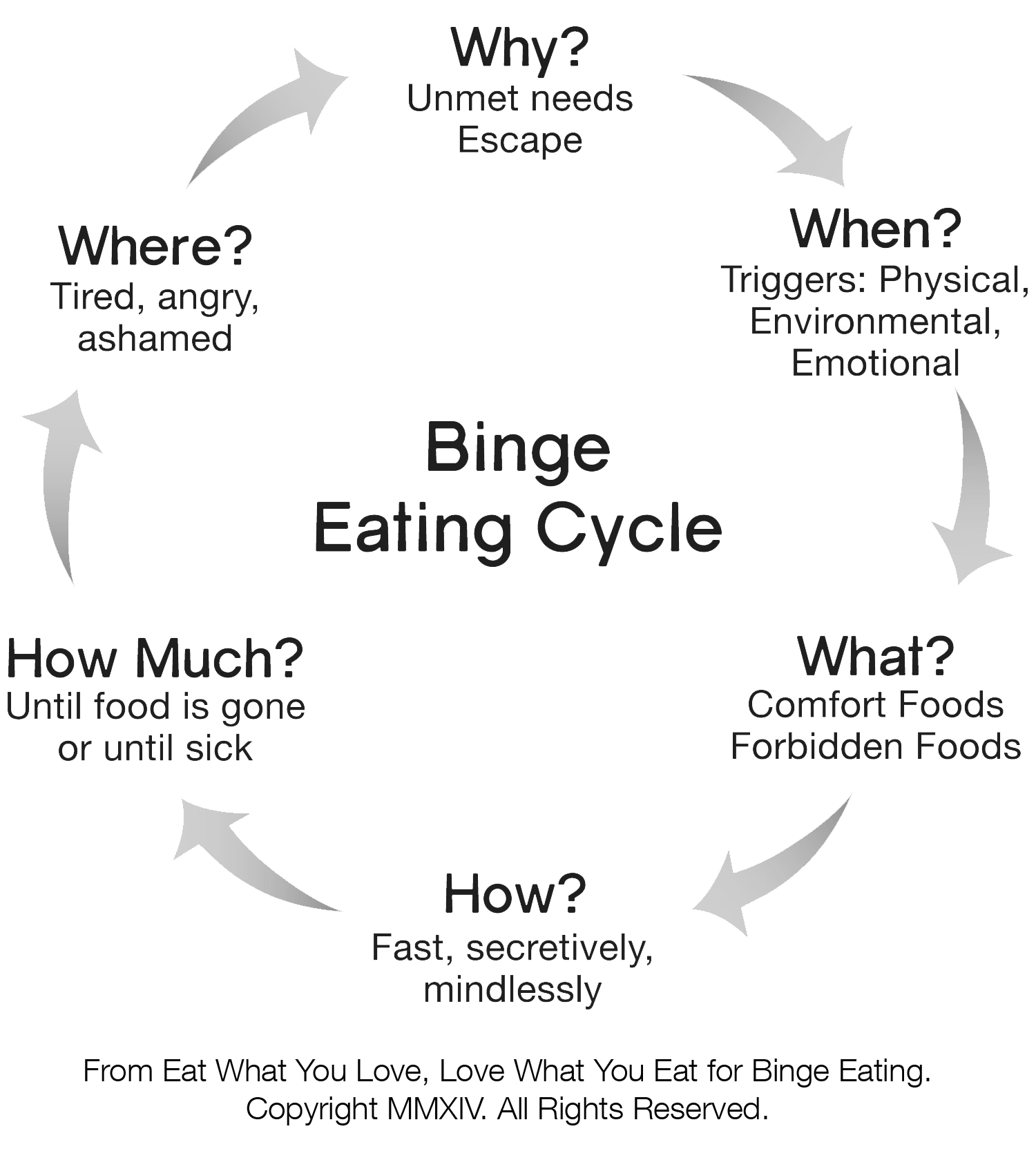
With the overweight come other problems and consequences, too. The affected person suffers of Heavy sweating, breathing problems, limited mobility, social isolation. It is also possible that, because of the quantity of food, there are problems with constipation or that the salivary gland produces more gastric juice. This overproduction of juice can lead to gastritis or ulcers.
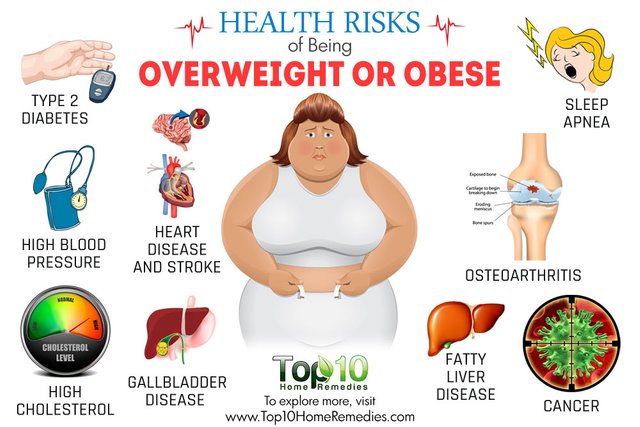
There are no proves of reasons causing that disease, only speculations. So one aspect surely is a situation in the past of the patient, which led to a depression. Mobbing during the childhood for example. Food was kind of compensation and gave some kind of satisfaction. Another aspect could be a misbehaviour while eating in earlier time. In some cases, parents educate their children when to stop eating, but unfortunately the child can’t learn to realize a own feeling of satisfaction, as a consequence they just continue eating as an adult.
For friends and family it is very difficult to see that one is suffering of Binge-Eating, because the affected person usually hides their addiction and don’t eat in the presence of other people. Only after a while it becomes more obvious because of gain of weight. Often, patients become adiposes.
It is important for affected persons to search for professional help. Binge-Eating is ad addiction as well as drugs. By eating, they try to distract of problems they can’t handle, like stress at work or personal issues. Because of this, it doesn’t make sense to start a simple diet. Rather it is necessary to make a therapy to resolve the origins of their problems.
Meine Lieben,
Heute möchte ich mit euch über ein ernstes Thema reden. Jeder mag Essen, aber wenn es zur Sucht wird, dann ist es gefährlich!

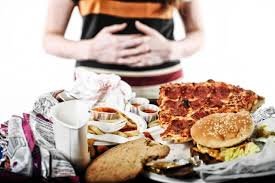
Gemäß der Internationalen Klassifikationssysteme psychischer Erkrankungen ICD-10 liegt eine Essucht bzw. die sogenannte „Binge-Eating-Störung“ vor, wenn mindestens zwei Essattacken pro Woche in einem Zeitraum von mindestens sechs Monaten auftreten. Während einer Essattacke isst der Betroffene äußerst viel in sehr kurzer Zeit.
In Deutschland sind etwa 1-4 % der Bevölkerung betroffen. Erschreckend: in den meisten Fällen sind die Patienten gerade einmal zwischen 20-30 Jahren alt!
Anders als bei Bulimie, nehmen Leidende der Binge-Eating-Störung viel mehr Nahrung zu sich als für den Körper gut ist. Doch wird das Essen nach einer Essattacke nicht erbrochen, um die hohe Kalorienzufuhr zu kompensieren. Zudem essen die Erkrankten sehr viel schneller während eines Anfalls als Nicht-Betroffene. Gewöhnlich folgt auf einen Anfall ein Gefühl der tiefen Scham und viele der Betroffenen leiden zusätzlich zu ihrer Esssucht auch an Depressionen.
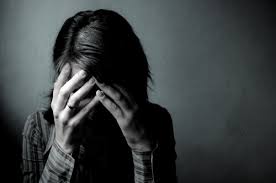
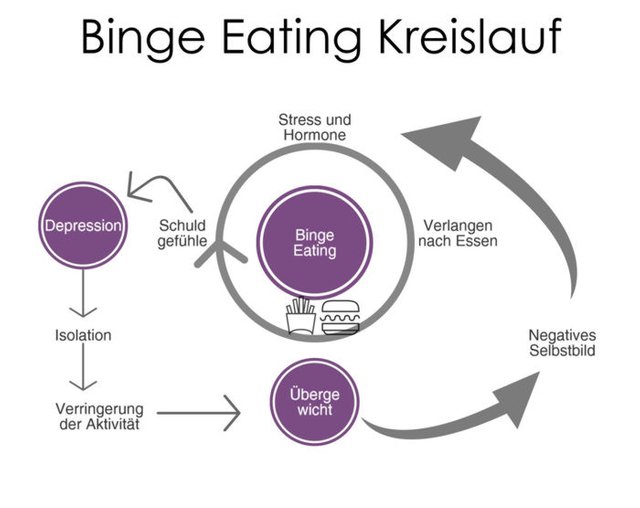
Mit dem Übergewicht kommen auch andere Probleme einher, so wie beispielsweise starkes Schwitzen, Atemprobleme, verminderter Mobilität und damit einhergehende soziale Isolation. Außerdem können durch das das viele Essen Verstopfung entstehen oder eine Überproduktion von Magensaft, welche zu Magengeschwüren oder Magenschleimhautentzündungen führen kann.
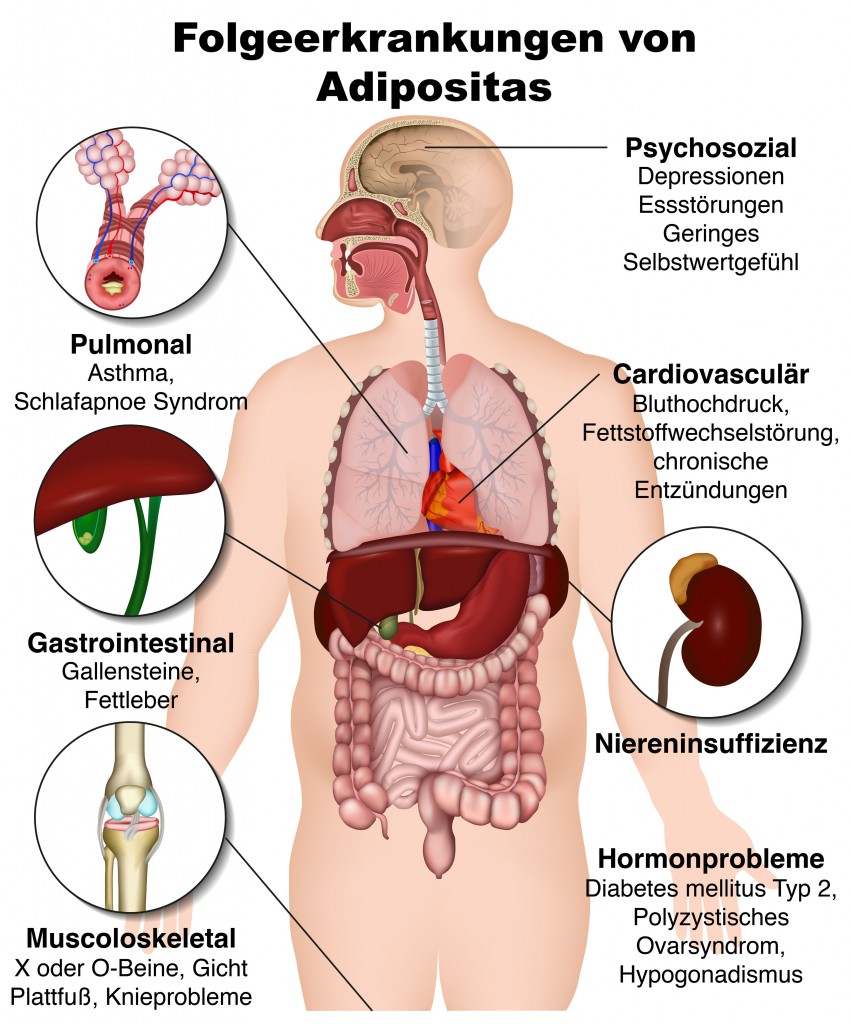
Bis heute gibt es keine eindeutigen Studien zur Ursache dieser Essstörung. Eine Spekulation ist sicherlich eine traumatisierende Situation in der Vergangenheit des Erkrankten, die zu einer Depression geführt hat, wie beispielsweise Mobbing im Kindesalter. Essen diente so als Ersatzbefriedigung und Kompensierung. Ein weiterer Grund könnte in der Kindeserziehung liegen. Viele Eltern geben ihren Kindern vor, wie viel sie zu essen haben und wann sie aufhören sollen. Das Problem hierbei ist, dass das Kind so nicht lernen kann, wann ein Sättigungsgefühl eintritt welche Nahrungsmittel wie wirken. Durch das fehlende Sättigungsgefühl essen sie als Erwachsene umso mehr.
Für Freunde und Familie ist es oft schwer zu erkennen, dass einer ihrer Liebsten an Esssucht leidet, da der Betroffene normalerweise eine große Nahrungszufuhr in der Öffentlichkeit vermeidet. Lediglich die Gewichtszunahme lässt auf ein Problem deuten, spätestens wenn der Betroffene Adepositas leidet.
Es ist unglaublich wichtig für die Betroffenen, professionelle Hilfe zu suchen. Binge-Eating ist eine Sucht wie jede andere auch. Stress und Probleme, die sie nicht lösen können, werden durch Essen abgelenkt und kompensiert. Daher macht es auch keinen Sinn, eine einfache Diät zu beginnen. Vielmehr ist eine Therapie nötig, um die Ursache der Sucht aufzudecken und behandeln zu können.
Wow this was very informative, Great job!
Thank you!
Very nice post.
Followed you
Followme back 😊
Thank you! Followed :)
It is really great to see people raising awareness of issues like this. Often people with a binge eating disorder don't even realise they have it. Eating disorders are a very complicated topic which is little understood. I have recovered from an eating disorder myself, I was Bulimic from the age of 11 through until about 24. Although my 'recovery phase' started when I was around 20 it was a long uphill battle, and 90% of the people around me had no idea I was so unwell.
Often people think that someone who has an eating disorder would be extremely underweight. This is not the case at all, you all probably know someone who has an eating disorder but have no idea that they have it.
I will be writing about my battle and recovery if anyone is interested to read and ask questions, I aim to help educate so if it's something you want to know more about then follow my page and ill be more than happy to answer as many questions as I can openly an honestly when I start blogging about it.
Keep up the good work it's something that needs to be talked about :)
Wow I am overwhelmed of your honesty! It sure was a rough time for you and you can be proud that you resolved it. I am excited to read you story!
binge eating is really my huge problem. thanks for reminding me not to eat more. i should remind my self to do more exercises in the morning and diet meal in the evening to prevent me from being obese and to avoid diabetes in the long run.
I am glad that you are aware of the dangers of BED. Certainly, it makes sense to oversee your alimentation, but as I said in my post, it also is very important to seek for the origin of the problem with professional help :)
thank you a lot.